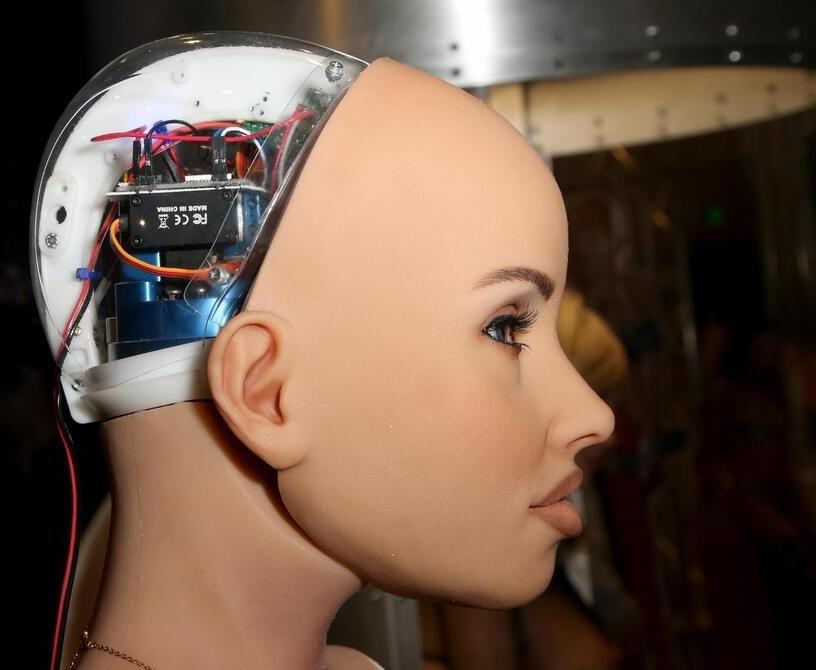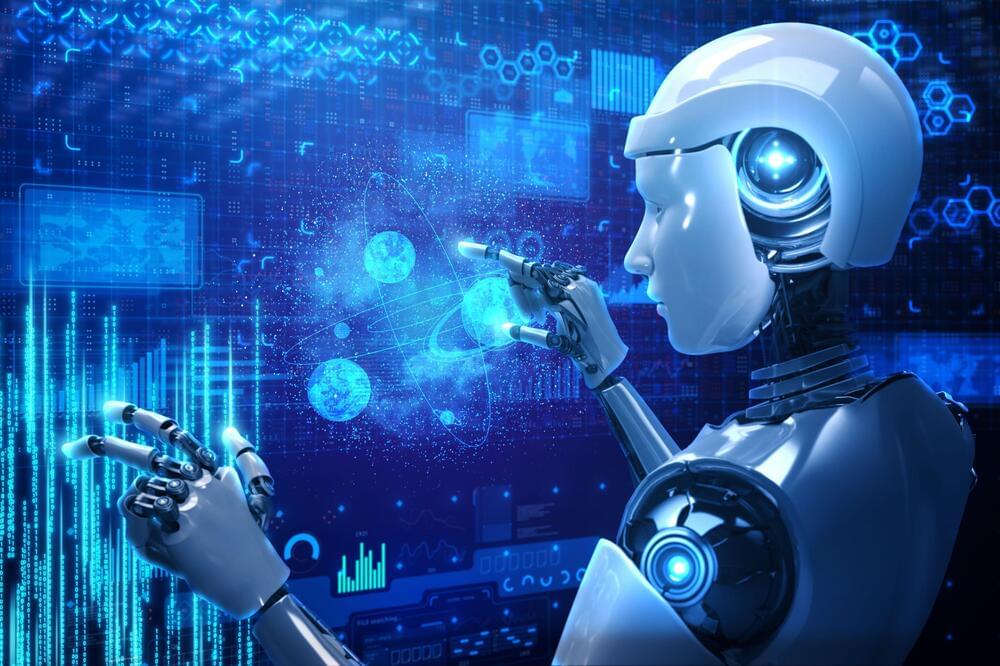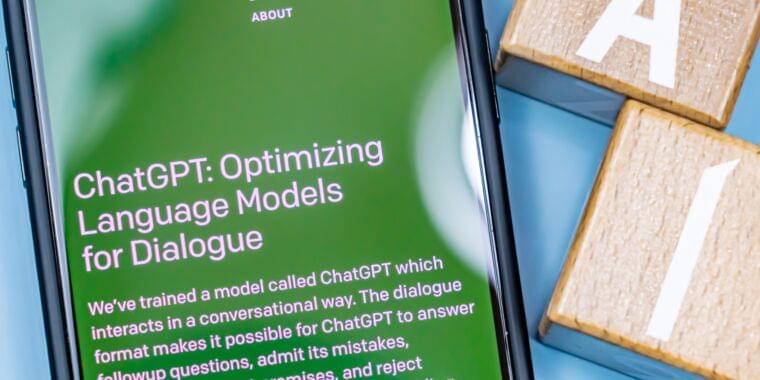My latest Opinion piece:
I possibly cheated on my wife once. Alone in a room, a young woman reached out her hands and seductively groped mine, inviting me to engage and embrace her. I went with it.
Twenty seconds later, I pulled back and ripped off my virtual reality gear. Around me, dozens of tech conference goers were waiting in line to try the same computer program an exhibitor was hosting. I warned colleagues in line this was no game. It created real emotions and challenged norms of partnership and sexuality. But does it really? And who benefits from this?
Around the world, a minor sexual revolution is occurring. It’s not so much about people stepping outside their moral boundaries as much as it is about new technology. Virtual reality haptic suits, sexbots, and even implanted sexual devices—some controlled from around the world by strangers—are increasingly becoming used. Often called digisexuality, some people—especially those who find it awkward to fit into traditional sexual roles—are finding newfound relationships and more meaningful sex.
As with much new technology, problems abound. Psychologists warns that technology—especially interactive tech—is making humans more distant to the real world. Naysayers of the burgeoning techno-sex industry say this type of intimacy is not the real thing, and that it’s little different than a Pavlovian trick. But studies show the brain barely knows the difference from arousal via pornography versus being sexually active with a real person. If we take that one step further and engage with people in immersive virtual reality, our brain appears to know even less of the difference.





